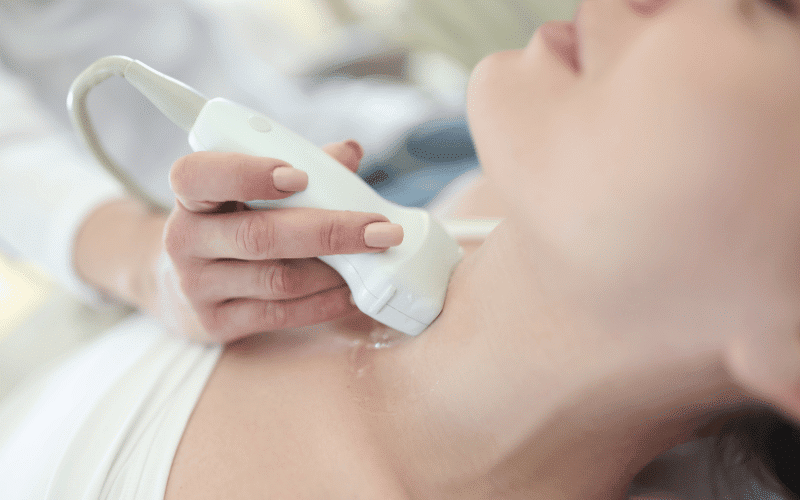Frequently Asked Questions About Care After Thyroidectomy

1. How long does it take to recover from a thyroidectomy?
The recovery period from a thyroidectomy varies between individuals, depending on factors such as their overall health, age, and the specific type of surgery performed. However, most people start to feel better within a few weeks after the procedure. It’s crucial to remember that full recovery can take several months as your body adjusts to the changes in thyroid hormone levels.
2. What is the typical diet post-thyroidectomy?
A balanced, nutritious diet is recommended after a thyroidectomy. This includes a variety of fruits and vegetables, whole grains, lean proteins, and healthy fats. Certain nutrients like calcium and vitamin D might be particularly important if your parathyroid glands were affected during surgery. Always consult with your healthcare provider or a dietitian for personalized dietary advice.
3. When can I return to work after thyroidectomy?
The time frame for returning to work after a thyroidectomy depends on the nature of your job and how your body recovers from the surgery. If your job is not physically demanding, you might be able to return to work in 1-2 weeks post-surgery. However, jobs involving strenuous activities may require a longer recovery period. Your healthcare provider can guide you on when it’s safe to resume work.
4. Can I exercise after a thyroidectomy?
Yes, but it’s essential to start slowly and avoid strenuous activities initially. Light walking is generally safe and can be started soon after surgery. More vigorous exercise should only be resumed after getting clearance from your healthcare provider, typically after a few weeks when the incision has healed adequately.
5. How often do I need to follow up with my healthcare provider post-thyroidectomy?
Regular follow-up visits are important after a thyroidectomy. Initially, you might need to see your doctor 1-2 weeks post-surgery to check the incision site and discuss any symptoms. Following that, regular visits every few months may be scheduled to monitor your thyroid hormone levels and adjust medication as needed. Your doctor will provide a personalized follow-up plan based on your specific needs.
Conclusion: Embrace Recovery and Regain Control Post-Thyroidectomy
A thyroidectomy is a significant procedure that warrants diligent postoperative care. By adhering to the 15 tips provided—understanding the process, knowing what to expect, monitoring calcium levels, managing your medication, keeping an eye on your energy levels, prioritizing mental health, taking care of your scar, being observant of voice changes, maintaining a healthy weight, staying hydrated and eating nutritious foods, avoiding strenuous activities, and regularly following up with your healthcare provider—you can effectively navigate your recovery journey.
This comprehensive journey might seem daunting initially, but each step brings you closer to regaining control over your health and wellbeing. Patience, understanding, and proactive management are your allies in this process. Remember, you’re not alone in this journey. Regular follow-ups with your healthcare provider can guide you, and clear communication about your symptoms and concerns can provide much-needed support.
While recovery from a thyroidectomy may take time, by following these tips, you can ensure that you’re giving your body the best chance to heal and adapt. Embrace this journey of recovery with a positive mindset, and remember that each day is a step forward towards your goal.
Here’s to your health, your recovery, and the strength that lies within you!